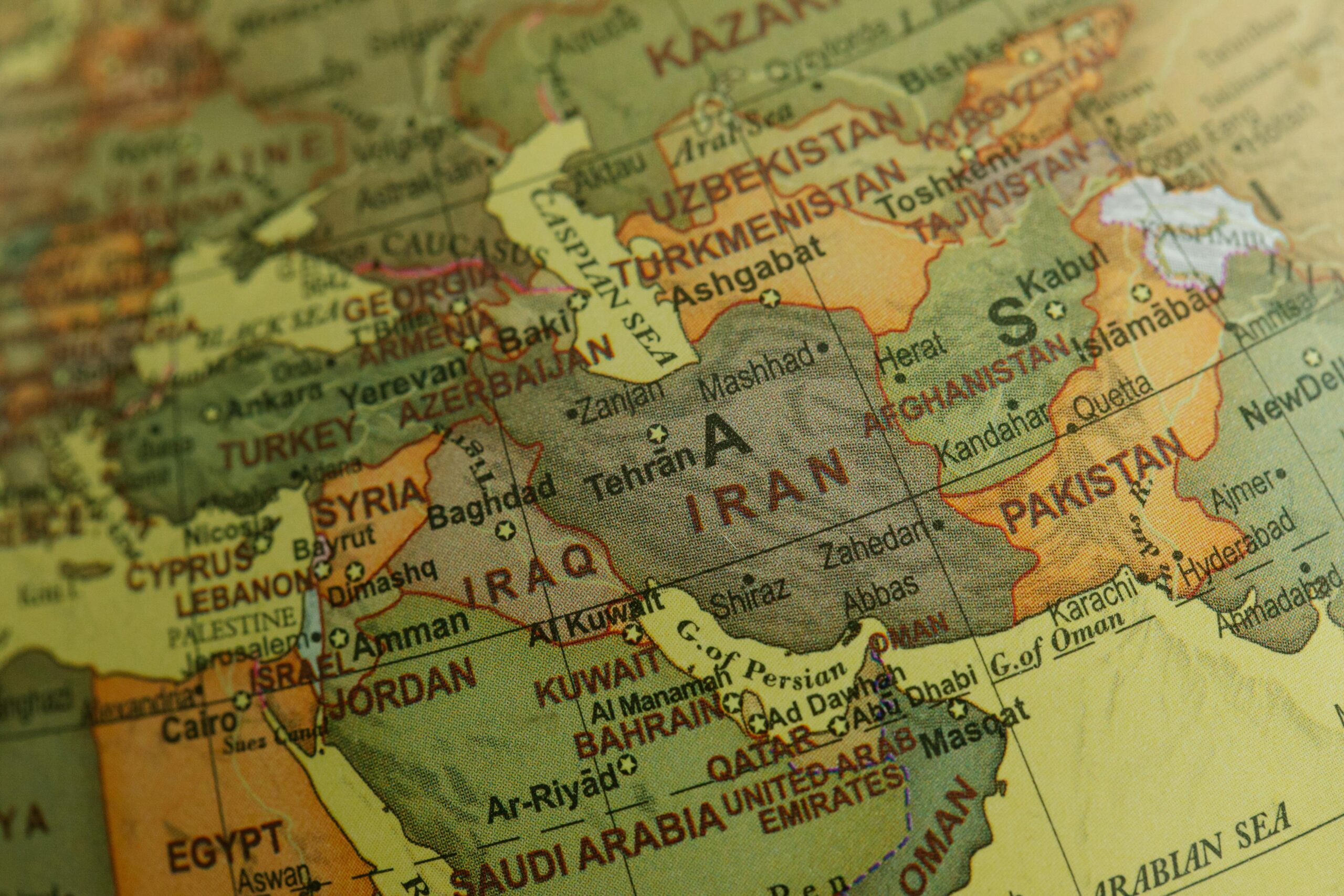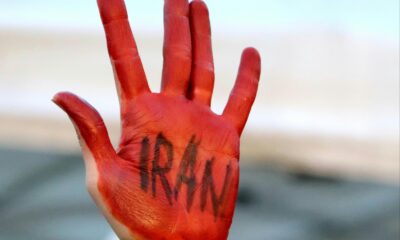
World

Punching back at the Iranian puppet master
Israel’s defence minister, Yoav Gallant, said, “Israel is waging war on eight separate fronts: Gaza, Lebanon, Iran, Iraq, Syria, Yemen, in cyberspace, and in Judea and Samaria [the West Bank].” Israeli civilian and military targets have been struck from Eilat in the south to Metula in the north by rockets and drones from as far afield as Iran, Iraq, and Yemen, and it has reciprocated.
The common thread linking all of these is Iran as an ideological and religious inspirer and a puppet master to proxy forces. It provides the military intelligence to determine targets, and supplies the finance, training, rockets, missiles, and drones.
Most prominent are the three that Israel’s Prime Minister Benjamin Netanyahu has given a common denominator of the letter “h” to: Hamas, Hezbollah, and the Houthi. These dominate in Gaza, the West Bank, Lebanon, Syria, and Yemen.
The Israel Defense Forces calculated that an air and ground military campaign was essential for Gaza to eliminate the Hamas threat and in part, handle the abductee issue. Further to the calculation, to limit the war in time, scope, and cost, the other seven fronts could best be handled by striking directly at the Iranian puppet master.
The daylight targeted assassination in Damascus of General Mohammad Reza Zahedi, the commander of the Iranian Islamic Revolutionary Guards Corps Quds Force in Syria and Lebanon, and his deputy, was one such strike. Iran responded with missile and drone strikes on Israel launched from Iran, Iraq, and Yemen. American, British, French, and Jordanian assistance ensured that most of these were intercepted before entering Israeli airspace. There will be more of this from all sides.
Though such tactics suit best the Hamas and Hezbollah fronts, they aren’t effective in others, especially against the Houthi in Yemen. Iran is backing the Houthis against Saudi Arabian Sunni groups in a proxy war there. In empathy with Hamas since October, the Houthis have banned vessels linked to Israel from sailing in the Bab al-Mandeb Strait. That’s the narrow passage of water between Africa and Arabia. It leads up the Red Sea from the Indian Ocean to the Suez Canal and the Mediterranean Sea.
In effect, this is a direct confrontation between Israel and Iran. Fortuitously, Iran miscalculated by escalating the attacks and hijacking ships of other countries. Like Hitler’s invasion of the Soviet Union in 1943, it will be its downfall. These acts have had global implications for the global economy and so the world’s maritime powers created two international naval forces. These have come under attack, and have counter attacked or engaged pre-emptively.
The largest is Operation Prosperity Guardian, an American-led coalition, with more than 20 members, including an American nuclear aircraft carrier battle group and navies from four continents. The smaller is the European Union’s naval mission EUNAVFOR Aspides, led by Greece, with five other participants. These forces have a United Nations (UN) mandate in UN Security Council Resolution 2722 (2024).
Their mission is to keep maritime trading routes open and free from Iranian-led threats and attacks. These have disrupted international trade on the shortest shipping route between Europe and Asia. According to UN shipping organisation, the International Maritime Organisation, in the months of December 2023 to March 2024, overall shipping traffic in the Suez Canal decreased 70% compared to the monthly average in the months of January to November 2023.
Because of this threat to shipping, at least 10 shipping companies, led by one of the world’s largest, Maersk, have diverted ships across the Cape route. This has increased the time to reach their destination by between two to six weeks for most ships, with enormous costs.
Most affected has been the container ships that make up 40% of all world trade. That includes, for example, those from China to the Mediterranean Sea ports of Haifa and Ashod. Before the start of the attacks, the costs of transporting a container were about $1 400 each (R26 388 at today’s exchange rate). The price peaked at the end of January to $6 400 (R120 632) each. Israel imports about 290 000 containers of goods annually from Asia, Oceania, and Africa. That means extra freight charges on the order of millions of US dollars. Costs for European countries are higher.
The direct horizontal economic consequences are enormous. The share of Israeli trade exposed to Houthi attacks is about 9.2% of all Israeli trade – 15.7% of imports and 2.9% of exports – which is about 5.5% of Israeli gross domestic product.
More than shipping, economics, and trade, for Jews worldwide, the 7 October Hamas invasion was a wake-up call that deterrence and defence aren’t viable options. All of Israel’s adversaries need to be defeated pre-emptively before they attack. The Jewish nation cannot risk – nor could it survive – an Iranian nuclear attack on its small and only homeland.
Similarly, the Iranian controlled shipping attacks have also been a wake-up call for many countries, especially those contributing to the two international naval forces. It’s occurring both in the Bab al-Mandeb Strait by the Houthi and directly by Iran in the Straits of Hormuz that is the waterway between Iran and Arabia. Additionally, piracy has re-emerged off the Somali coast. For how long can the world tolerate and afford to be held ransom to such commercial, economic, and fiscal consequences of threats and attacks on shipping?
It’s fair to state then that the eight fronts of battle facing Israel following the Hamas invasion on 7 October have opened a Pandora’s box for the global economy, one that like the original in Greek mythology has both evil and hope. Inside the box is the Iranian puppet master. The hope is that this is the opportunity to unite the world in dealing with the causes, not only the symptoms. That means uniting to remove the ayatollah regime in Teheran.
- Glen Segell is a professor at the University of Cambridge; a visiting professor and research fellow in the department of political studies and governance, University of the Free State; and research fellow at the Ezri Center for Iran and Gulf States Research, University of Haifa, Israel.










